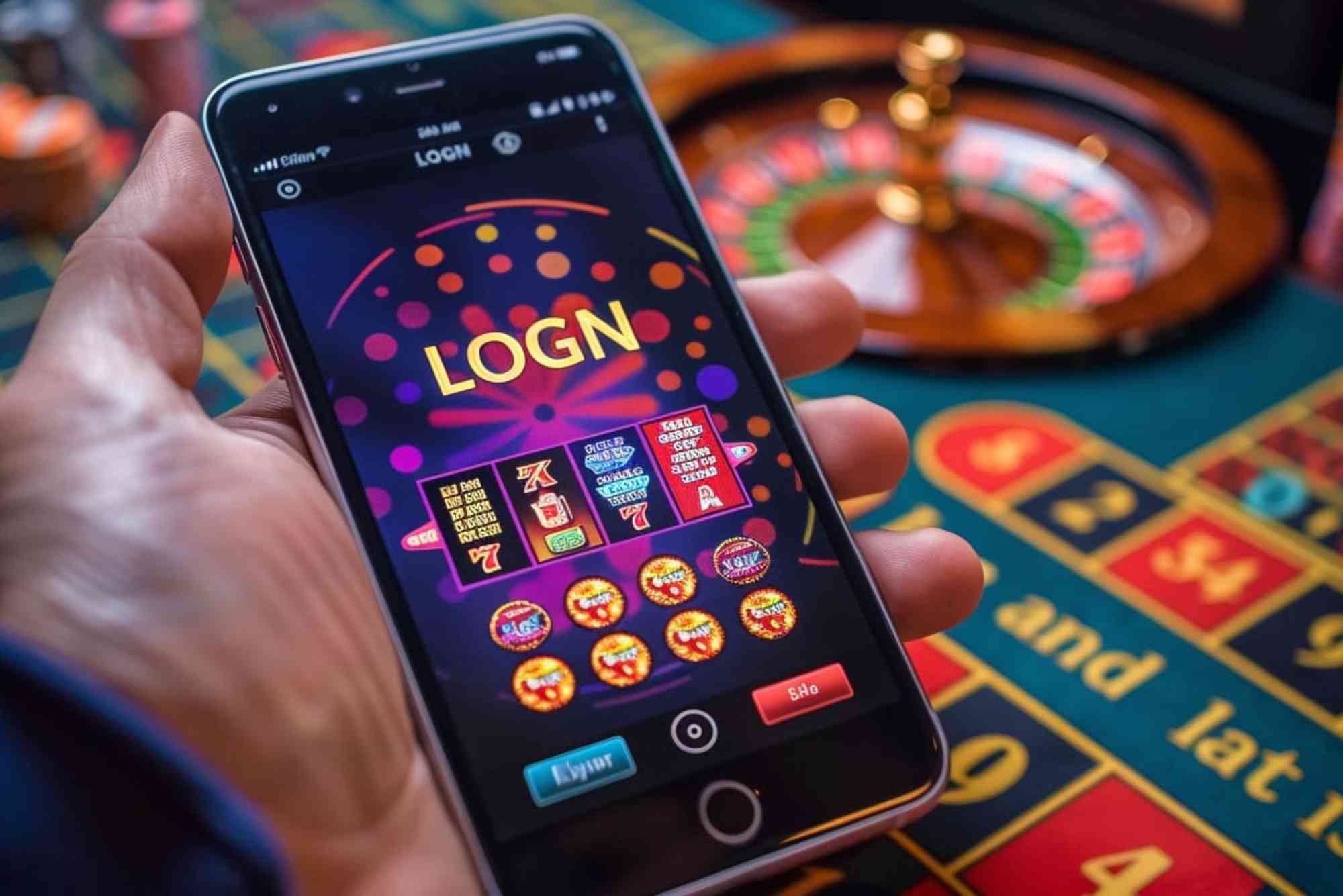Betting has always thrived on trust. Players want to know that odds are fair, results are honest, and payouts are handled reliably. Yet, in both online and offline betting environments, skepticism has persisted. Stories of unfair practices, delayed withdrawals, and manipulation have long shaped the way people view gambling operators. Now, blockchain technology promises to change the game entirely. By introducing an unprecedented level of transparency, security, and accountability, blockchain could very well redefine how trust is built in the betting industry.
The Problem of Trust in Traditional Betting
Traditional betting platforms, whether online sportsbooks or casinos, operate in centralized structures. This means that players must put their faith entirely in the platform. They have to trust that odds are set fairly, games are not manipulated, and winnings will be paid out in full. Unfortunately, history shows that this trust is not always earned.
There have been countless cases where betting sites have refused withdrawals, changed odds unfairly, or even shut down without paying players. Regulators exist to keep these issues in check, but enforcement varies widely by region, and in some cases, operators exploit loopholes. The need for an alternative system—one where fairness is guaranteed by design rather than by regulation—is exactly where blockchain enters the picture.
How Blockchain Brings Transparency
Blockchain is a decentralized ledger technology that records every transaction in a tamper-proof way. Once information is added, it cannot be changed without detection. This creates an environment of complete accountability. In betting, this means that odds, wagers, results, and payouts can all be logged on the blockchain. Players no longer need to trust the operator—they can verify everything themselves.
Just as Fastest Payout Casino Sites appeal to players by removing unnecessary delays in accessing winnings, blockchain-based betting platforms aim to take things a step further by making every step of the process visible. This transparency ensures that games are fair and that payouts are not only quick but guaranteed.
Smart Contracts and Fair Play
One of blockchain’s most powerful applications in betting is smart contracts. These are self-executing agreements with the terms written directly into code. For example, if a player bets on a football match, the smart contract can be programmed to automatically release winnings once the result is confirmed by trusted data sources (oracles).
This eliminates the possibility of disputes or delays. No middleman is needed to approve the payout, meaning players are no longer at the mercy of centralized operators. By removing this vulnerability, blockchain ensures fairness is upheld automatically.
Reducing Fraud and Manipulation
Fraud is a major concern in the betting industry. From match-fixing to platform manipulation, there are many ways players can be disadvantaged. Blockchain can mitigate these risks by creating immutable records of every transaction.
In casino games, for instance, blockchain allows for “provably fair” systems where players can check the randomness of each game outcome. Unlike traditional random number generators (RNGs), which rely on trust in the operator, provably fair algorithms use blockchain to allow independent verification. This level of openness is something land-based and even most online casinos simply cannot match.
Challenges to Adoption
While blockchain’s potential is huge, its adoption in betting is not without challenges. One of the biggest is accessibility. Not all players are comfortable using cryptocurrencies, and many are unfamiliar with blockchain technology. Betting platforms will need to create user-friendly systems that hide the complexity while still delivering the benefits of transparency.
Another hurdle is regulation. Governments are still grappling with how to oversee blockchain-based gambling. Because it operates outside traditional structures, there is a risk of increased scrutiny or even outright bans in certain jurisdictions. Operators will need to work with regulators to ensure compliance without losing the advantages of decentralization.
The Role of Cryptocurrencies
Blockchain and cryptocurrencies go hand in hand. Digital currencies like Bitcoin and Ethereum are already being used in betting, providing fast, borderless, and secure payments. These currencies solve one of the oldest problems in online betting: the difficulty of withdrawing funds. Traditional banking systems often delay or restrict gambling-related transactions, frustrating players.
With blockchain, payouts can be processed almost instantly. This is not only more convenient but also strengthens trust in the platform. Players know their winnings are secured by the blockchain itself, not dependent on the goodwill of the operator.
The Future of Blockchain Betting
Over the next decade, blockchain could become the standard for fair betting. Already, several start-ups are experimenting with fully decentralized sportsbooks and casinos. These platforms are still in their early stages, but as technology matures and awareness grows, mainstream adoption seems inevitable.
We may also see hybrid models where traditional operators integrate blockchain into parts of their systems, offering provably fair games or blockchain-based payout systems while still maintaining regulatory compliance. This approach could bridge the gap between established operators and innovative blockchain-based challengers.
Final Thoughts
So, will blockchain redefine transparency in betting? All signs point to yes. By leveraging decentralization, immutable records, and smart contracts, blockchain removes the need for blind trust and replaces it with verifiable fairness. While challenges remain in accessibility and regulation, the long-term benefits for players and operators alike are undeniable.
For the first time, bettors can participate in an ecosystem where every outcome is provable, every transaction is secure, and every payout is guaranteed. If the industry embraces this shift, blockchain won’t just improve transparency in betting—it will set a new gold standard for fairness in gambling worldwide.



